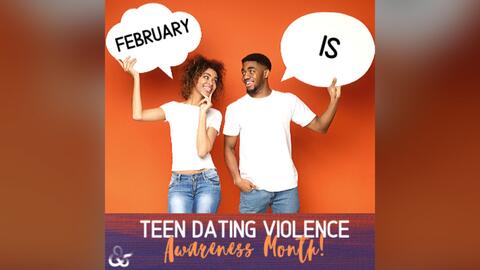By: Richard L. Smith
The Camden County Prosecutor’s Office said each year, during the month of February, Teen Dating Violence Awareness Month provides an opportunity for prevention and healing for teen victims of violent relationships, as nearly 10% of all teenagers will experience teen dating violence in their lives.
Camden County Prosecutor Grace C. MacAulay said studies show that approximately 10% of adolescents report being victims of physical violence at the hands of an intimate partner during the previous year.
According to www.youth.gov, nationwide, youth aged 12 to 19 years old experience the highest rates of sexual assault.
Girls are particularly vulnerable to experiencing violence in their relationships and are more likely to suffer long-term behavioral and health consequences, including suicide attempts, eating disorders, and drug use.
According to the Domestic Violence Awareness Project, approximately 1.5 million high school students in the United States experience physical abuse from a dating partner.
One-quarter of parents don’t talk to their teens about domestic violence.
Teen Dating Violence Awareness Month encourages parents and adolescents to take an inventory of their relationships. Abuse includes physical, psychological, or sexual abuse.
Visit youth.gov and loveisrespect.org, for conversation starters and resources.
Fast Facts: Preventing Teen Dating Violence-Centers for Disease Control & Prevention (CDC)
Teen dating violence (TDV), also called “dating violence,” is an adverse childhood experience that affects millions of young people in the United States.
Dating violence can take place in person, online, or through technology. It is a type of intimate partner violence that can include the following types of behavior:
•Physical violence is when a person hurts or tries to hurt a partner by hitting, kicking, or using another type of physical force.
•Sexual violence is forcing or attempting to force a partner to take part in a sex act and or sexual touching when the partner does not consent or is unable to consent or refuse. It also includes non-physical sexual behaviors like posting or sharing sexual pictures of a partner without their consent or sexting someone without their consent.
•Psychological aggression is the use of verbal and non-verbal communication with the intent to harm a partner mentally or emotionally and exert control over a partner.
• Stalking is a pattern of repeated, unwanted attention and contact by a current or former partner that causes fear or safety concern for an individual victim or someone close to the victim.
• Teen dating violence profoundly impacts lifelong health, opportunity, and well-being. Unhealthy relationships can start early and last a lifetime. The excellent news is violence is preventable, and we can all help young people grow up violence-free.
